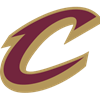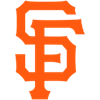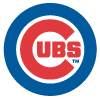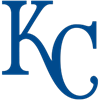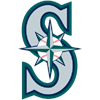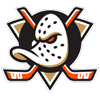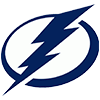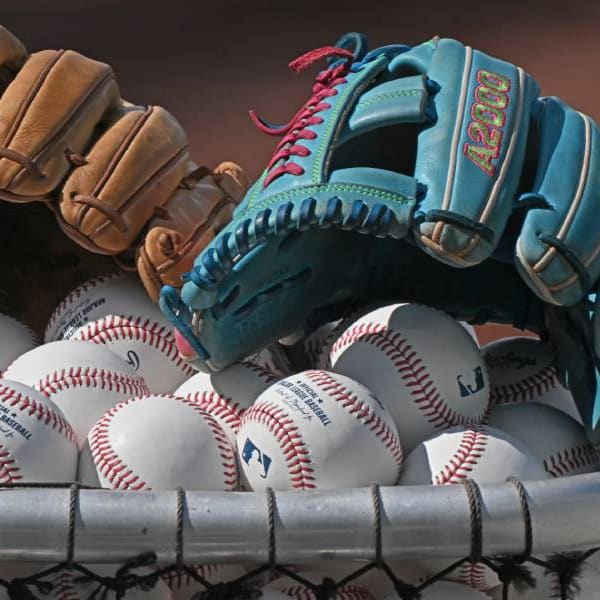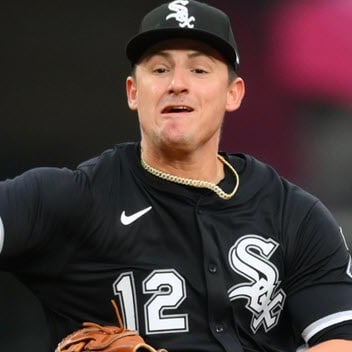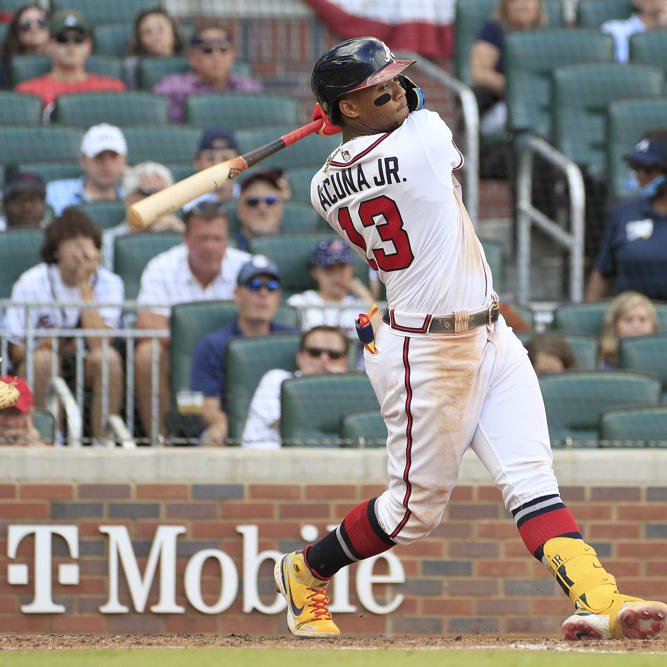One of the positive things about the popularity of Daily Fantasy Sports is that more and more people are writing and talking about it. However, one of the negative things is that writers and radio hosts often times are using terminology without properly understanding the context of what it means.
Whenever I write an article, do a podcast, or go on the radio, I try to avoid the "DFS Lingo" if I know the audience will have a lot of new DFS players. However, using lingo and defining it should be important in educating a new player who might not have a clue what it truly means. If you are just throwing the lingo around to sound cool or to show that you are a DFS tout, you are doing a disservice to your audience. People read and listen to so-called experts and analysts for the "correct" advice. Notice how I did not say "right" advice. No one is going to be right all of the time, but making sure you are giving the "correct" advice is something we strive for.
Over the next two weeks, I'll highlight some of the most widely used DFS terms and explain what they really mean.
"Punt Play" – How many times do we hear this word being thrown around? It's one of the most popular terms used in articles and radio shows.
Supposed meaning – "Any minimum or low-salary hitter is a Punt Play"
The definition of punt in football terms is when the offensive team is stopped and returns the ball back to the opposing team. In DFS, it means that you are sacrificing a position by rostering a minimum or low-salary player with the purpose of building a better lineup.
For reference, in my opinion, a punt play is a hitter that is priced at $2000-$2400 on FanDuel and $2000-$2900 on DraftKings.
When you SHOULD NOT punt
Cash games
Every dollar and position matters in cash games, as you are looking for the most consistent lineup possible. The optimal strategy is spending up on starting pitching and having a more balanced hitting lineup where most of your player salaries are within $500 of each other. You also want hitters that are 1-5 in the batting order, with the exception of catcher which you'll often have to take in the six-spot. The last thing you want to do is give away a position which is 12% of your lineup.
Starting pitcher – Starting pitching is the more constant of the two when it comes to spending up on hitters or pitchers. The pitcher has the ball in his hand a large percentage of time and averages the most points per game. Getting the starting pitcher right will determine your success in cash games.
First Baseman – This is the most productive position in fantasy baseball on the hitting side, so you should always look to load up here. One of the things I look at is when a stud player's salary drops and I get a great matchup. Often times, if I see David Ortiz at home against a weak right-handed pitcher and he is $4,000 or less on FanDuel, he is an auto-play for me.
Hitters in the bottom-third of the batting order (7-9) – They get less at-bats per game, have very little protection around them from other hitters, have less of an opportunity to score and drive in runs, and might be platoon hitters that are pinch-hit for later in the game.
When you SHOULD punt
GPP/Tournaments
Payouts in tournaments are typically 15-20% of the field with most of the prize money being very top heavy, so you are not worried about a consistent, safe lineup. You are looking for a high ceiling lineup that requires you to take risk. The success rate in tournaments is going to be a lot less so expect to have a lot of swings and misses. But you want to make sure that your swings at least give you a shot to hit a big score.
Low Scoring Positions (Catcher/Shortstop/Second Base)
Catcher, shortstop, and second base are the three lowest-scoring positions in daily fantasy baseball, so it is also where you want to spend the least, but also look for the highest ceiling.
With catchers, you are looking for a platoon situation where the catcher only plays against the opposite-hand pitcher because he employs a positive splits edge. The best times to get a catching punt play is in a day game after a night game, doubleheaders, when starting pitchers use their personal catcher (David Ross/Jon Lester), or when a team is known for platooning based on splits.
The most recent example has been what the Arizona Diamondbacks have done with Wellington Castillo and Chris Herrmann. Castillo mashes left-handed pitching, but struggles against righties.
Seemingly out of nowhere, Herrmann started getting at-bats against right-handed pitching. He had a very low salary and was hitting in a good spot in the lineup in a good park. I've been using Herrmann almost every day he has been in the lineup and it has paid off. They are even playing him in the outfield at times. Good thing defense doesn't matter in DFS.
Now that Herrmann has graduated from PUNT status, we look to other catchers like Tyler Flowers, Curt Casali, Jarrod Saltalamacchia and Trevor Brown -- all of which have displayed power and always give you a shot at that illustrious "punt dong" (home run).
Catchers like A.J. Ellis, Kurt Suzuki, Tucker Barnhart and Christian Vazquez are NOT examples of punt plays because they offer ZERO power upside.
Elite hitting prospects
We have not seen this play out yet as most elite hitting prospects are called up after June 1, but last year Carlos Correa and Kyle Schwarber were probably the two best examples of elite prospects being promoted and having extremely low salaries. Both came up to the majors and immediately started performing at a high level. You have a small window of opportunity with players like this because once they start to perform, their salaries adjust accordingly.
One good example is Aledmys Diaz, who came up with a very low salary, but was a top signing for the Cardinals from Cuba so his pedigree is strong. Diaz got the shortstop job after Jhonny Peralta and Ruben Tejada got hurt and Jedd Gyorko proved to be underwhelming. Diaz's power and low strikeout rate has been a great play at the shortstop position so much that the Cardinals have started to move him from the bottom part of the batting order to the top against left-handed pitchers.
Star player salary hits rock bottom
The most recent example of this was Friday night when Yasiel Puig was $2300 on FanDuel and hit a home run. Has Puig been bad? Absolutely. But this is a player who has had a FanDuel salary of $4000 at times so at $2300 I'll always take a shot. Again, you want at least a SHOT when you punt, and Puig paid off nicely for those who rostered him. What was the difference? For me, when I saw that he was going against a weak left-handed pitcher and moved up to sixth in the batting order that was enough to pull the trigger.
Last year, Robinson Cano was scuffling big time and his FanDuel salary dropped from $4500 at the start of the season all the way down to $2300 on June 9. Nothing changed in his performance at that price, but he cost half of what he did two months prior. You had nothing to lose putting him in every day at that price. Toward the end of June, he started to heat up and his price went back up to $4300 on August 3 when he was in Coors.
All in all, you got about two weeks of Cano at sub-$2600 and six weeks at a sub-$3,000 salary while he was still cranking out positive points on most nights.








